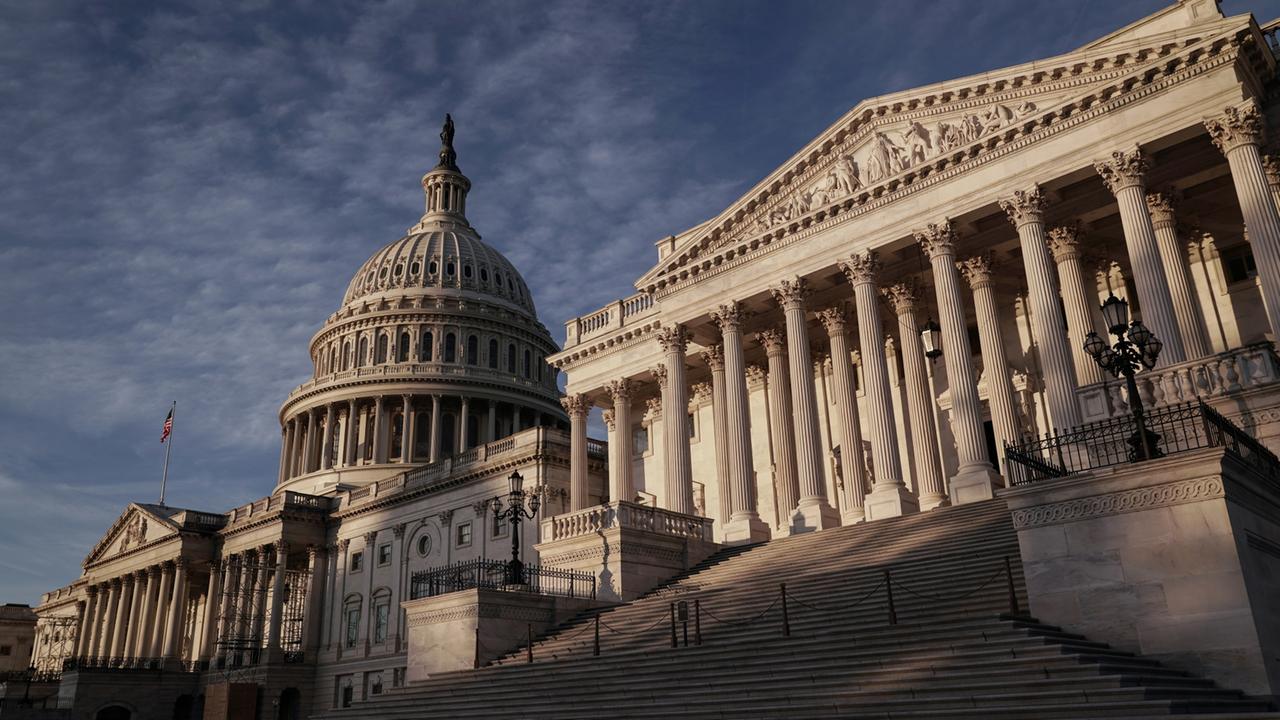Hope for Ukraine: After a long dispute, the US Senate has introduced a bill worth billions that links aid to Ukraine with border security. Republicans in the House of Representatives announced resistance.
On Monday night, the US Senate introduced a bill for a $118 billion aid package. In addition to the $20.23 billion for border security at home, this includes, after months of discussions, $60.06 billion in support for Ukraine and $14.1 billion for Israel's security.
The bill also includes $10 billion in humanitarian aid to civilians in the Gaza Strip, the West Bank and Ukraine. In addition, $2.44 billion is earmarked for the US Central Command and the US deployment in the Red Sea, as well as $4.83 billion for supporting US partners in the Indo-Pacific region.
Vote as early as Wednesday?
“The United States and our allies face diverse, complex and sometimes coordinated challenges from adversaries seeking to disrupt democracy and expand authoritarian influence around the world,” said Senate Majority Leader Chuck Schumer of the Democrats.
However, immediately after the announcement, some Democrats and Republicans announced their opposition to the draft. The leading Republican in the Senate, Mitch McConnell, who played a key role in the current compromise, said he now wants to work to ensure that a first vote can be held as early as Wednesday.
However, it is unclear how the package will fare in the House of Representatives. Leading Republican lawmakers have already said they would definitely not vote for the proposal.
Biden now wants a quick adoption
US President Joe Biden welcomed the new bill introduced by the Senate and said: “I call on Congress to quickly pass this bipartisan bill. Put it on my table so I can sign it and make it into law immediately .”
Biden had already asked Congress in October to pass a measure that would provide additional funding for support to Ukraine, Israel and Taiwan. At that time, however, there was talk of funds amounting to $106 billion. The most important key points of the new bill largely correspond to what the US President had already called for. At that time, however, the draft was blocked by Republicans in the House of Representatives who were pushing for a change in immigration policy.
Antje Passenheim, ARD New York, tagesschau, February 5th, 2024 6:31 a.m




